Growing up in Mumbai, the clatter of local trains was the soundtrack to my life. Every day while travelling for college, I would see the entire platform crowded with people, and I would wonder!
“There is no way this many people can fit into the train.”
But then the train would come. Almost everyone, or most of the people, would get on the train somehow anyway. And I, as a very small part of the crowd, would be left astonished. These trains were not just the mode of transportation; they were the symbol of independence, power, and opportunity.
The world inside the local trains was not a fantasy world; it was filled with discomfort and struggle. Getting even a little space to keep your legs and stand in that overflooded train was an achievement for many. But once you get inside the train, even with the tiniest of spaces, people are drowned in their own world.
A woman wearing earphones and singing a song by herself. A woman dove into their weaving work. Some were talking to their loved ones on mobile. And others were engaged in their phones, watching the reels, movies, or series. Of course, how can I not mention the aunty peeking into your others lives and gossiping about it? But somehow all of it felt very wholesome to me.
Mumbai: A city that never sleeps, running day-night.
Growing up in the Mumbai metropolitan region, I was always fascinated by the life here. The chaos, the rush, and the independence were the core of the city, and they all defined my life too. Whenever I see Mumbai local trains, I somehow always imagine them as an unstoppable beast. Like there is nothing that Mumbai locals can’t deal with. No monsoon or no storm could stop them.
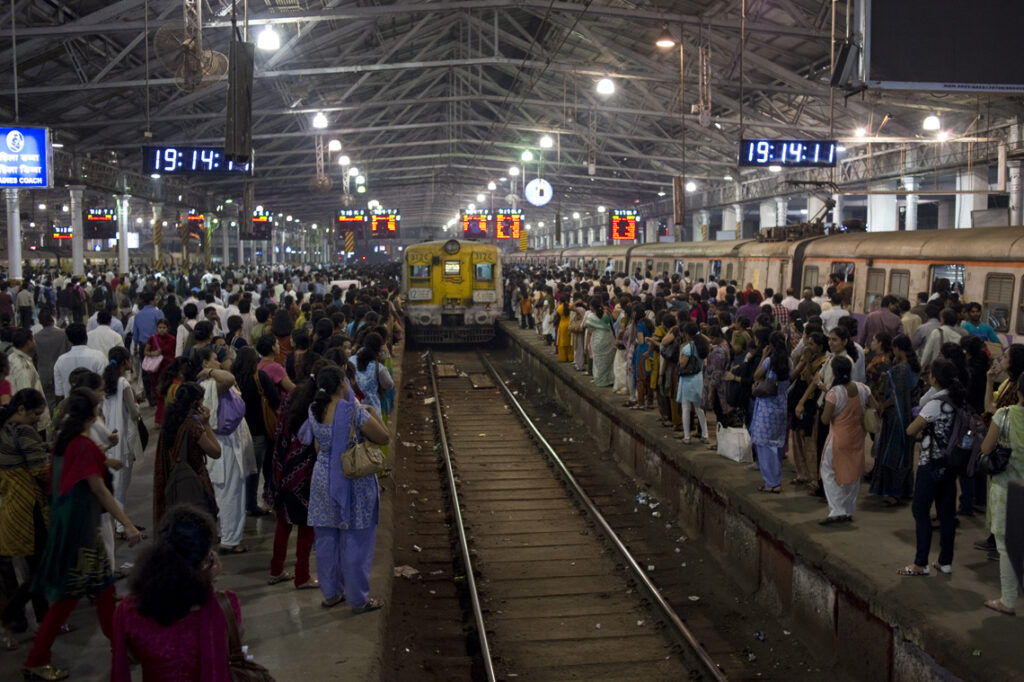
A New Chapter Before The Snow-Capped Mountains
Local trains always gave me a sense of autonomy and freedom. I was able to navigate my life without relying on anyone for rides or schedules. Hopping onto a train to college, making spontaneous plans, and racing against time even during monsoons felt like a normal day. The city’s spirit was unbreakable. Yet, amidst this rush and a life surrounded with opportunities, I could always feel a void. A kind of emptiness that wouldn’t make you stop; after all, Mumbai doesn’t allow you to pause. It was subtle but yet persistent.
I realised that I’ve spent most of my life in the protective bubble, detached from the realities of the world. Even after trying, I was not able to engage with the social issues or understand the complexities of the real world. But waking up to the serene landscapes of mountains in Uttarakhand was not the real world I had ever imagined. Through my fellowship, I was hosted by an organisation called Aarohi. Aarohi is a grassroots organisation working in multiple districts of Uttarakhand with rural Himalayan communities for the past 32 years.
People in the mountains started their day by waking up with the sun and diving into work that demands physical strength and mental resilience. I would regularly see women trekking uphill or downhill to collect fodder for their livestock. Balancing heavy bundles of grass on their heads as they navigated narrow, uneven trails. These paths weren’t just tricky—they were dangerous, with the constant threat of wild animals like snakes, wild pigs, bears, and whatnot. Even the terrors of leopards after dawn were the most heard. Yet they walked with grace, as if balancing not only the weight on their heads but also the challenges of life itself.

The Chaos In The Silence
When I first stepped into this new world, I was a complete stranger. I struggled with connecting to people; I was keeping everything to myself. Walking with purpose but avoiding eye contact, and never feeling the need to acknowledge strangers.
In Mumbai, being self-centered wasn’t just a habit; it was survival. Why smile at someone you’d never meet again? Why waste energy greeting strangers? It felt unnecessary, even a little absurd.
In Mumbai, At any hour, there was life on the streets, lights in the windows, and the comforting clutter of trains and traffic. Midnight cravings meant a quick trip to the nearest food joint, and deadlines often blended into late-night calls and meet up sessions with friends. But in the mountains, it was a completely different scenario. Here, the day begins with the sun and ends when the sky turns dark. By 9 p.m., the entire village is asleep, dreaming under the starlit sky. At first, it felt unreal. How could life be so … quiet?
I would get very uncomfortable by the silence. It felt too loud; I would lie awake, waiting for some sound to break the silence. I was missing the chaos, the concrete jungle. Where are the honking cars, the bustling markets, the train announcements, and the endless chatter that always surrounded me in the moments of weakness in Mumbai? I missed the rush and the vibrant life of the city. The stillness made me uncomfortable, forcing me to confront myself. It was a wake-up call.
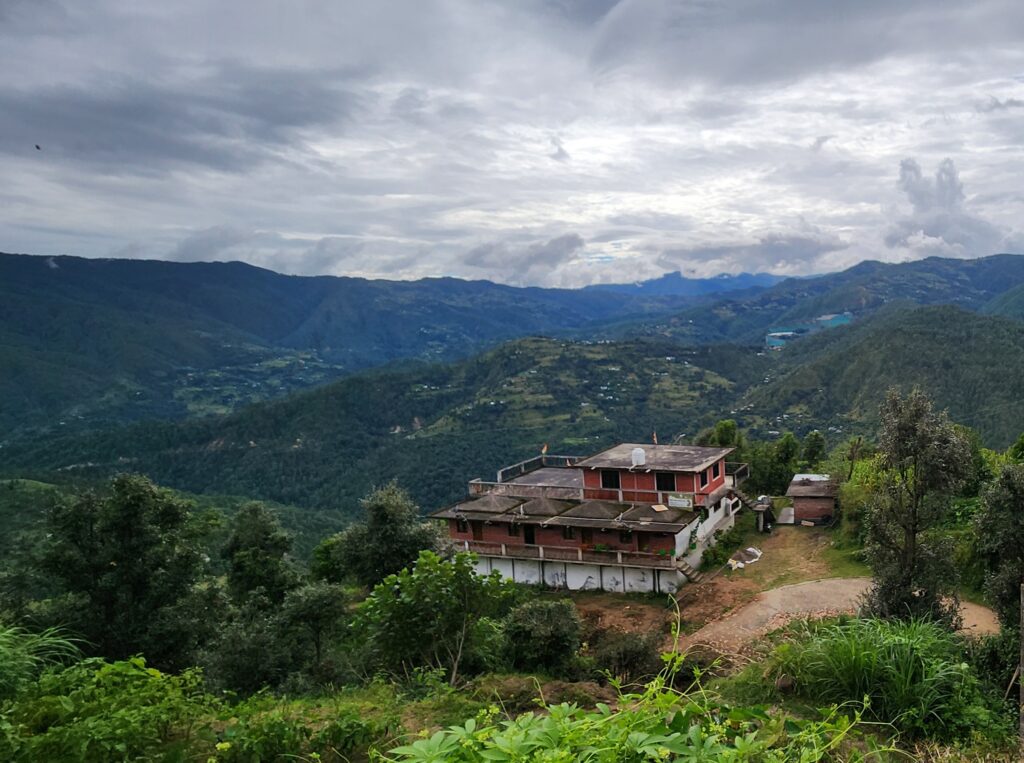
Self Reliance
While living in Suni Bend, a small village scattered across the rugged mountain terrain. Suni was difficult; even Google Maps struggled to comprehend it, let alone guide the way. It felt like I was stuck in a world that operated on its own terms. But for the mountain people, inaccessibility wasn’t an inconvenience; it was a way of life. Roads disappeared into muddy, rocky trails, and maps faltered, yet the locals moved with ease. Their instincts were far sharper than the most advanced GPS.
At first, this disconnection felt isolating. No online deliveries, no quick fixes, no shortcuts. But with time, I began to see the profound beauty in it. The villagers were self-reliant in ways I had never encountered before. If transportation faltered, they walked miles on a regular basis. They faced wild animals, harsh weather, and landslides with a quiet resilience. It wasn’t that these challenges didn’t matter; it was that they had learned to live alongside them. Every stranger I met welcomed me with a warmth and care that felt almost unreal. Their kindness was not transactional. It was rooted in a shared understanding of life’s challenges and the unspoken acknowledgment that we’re all in this together.
For a person living here in mountains, there is no real life outside the mountains, I have often heard,
“Asli zindagi toh pahadon mein hi hai bal, pahadon mein bhal chhe.” (Life in the mountains is nice)
A woman from the village
I couldn’t really relate to them. But here you wouldn’t see many big stores or marts for regular supplies, but they didn’t need it anyway. A connection our ancestors had with nature is still there for mountain communities—that they do not need processed milk and packed food containers yet. They are using everything received from mother nature to their full potential. ‘Organic food’ is not just the trend for them but the way of life.
Wisdom From Mountains
I was fascinated by the life of Mumbai locals—the rush, the discomfort. But I was stunned when I travelled in a taxi The only mode of transportation available and feasible for mountain communities. I was travelling in a Bolero vehicle. The bolero went through unmettled roads and steep uphill roads. Lack of availability of public transport compelled people to get stuffed inside the vehicle. A vehicle, designed to carry 7 people at full capacity, was carrying 15 people. Many of them were sitting over each other’s laps. I was privileged enough to get a seat for myself, but still I was uncomfortable.
But others didn’t even complain; they were just enjoying each other’s company. Everyone was living in the moment, making real human connections, creating memories, and sharing their life’s stories. The journey, the people—it all felt real.
The discomfort I initially felt—emotional, physical, and mental—was overwhelming. Yet the mountains taught me to give things time, to let go of control, and to embrace the uncertainty. Time in Mumbai wasn’t measured in hours but in how much you could fit into a single day. But the mountains taught me that rest is not laziness; it’s part of life. Mumbai gave me speed, but these mountains are teaching me stillness.

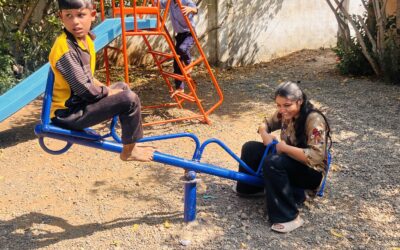
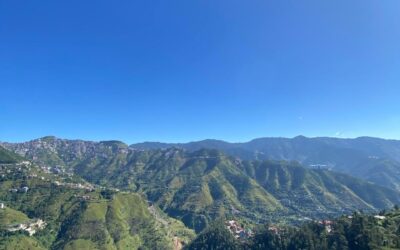
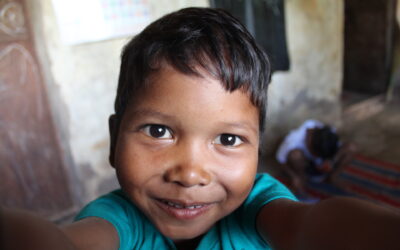
0 Comments